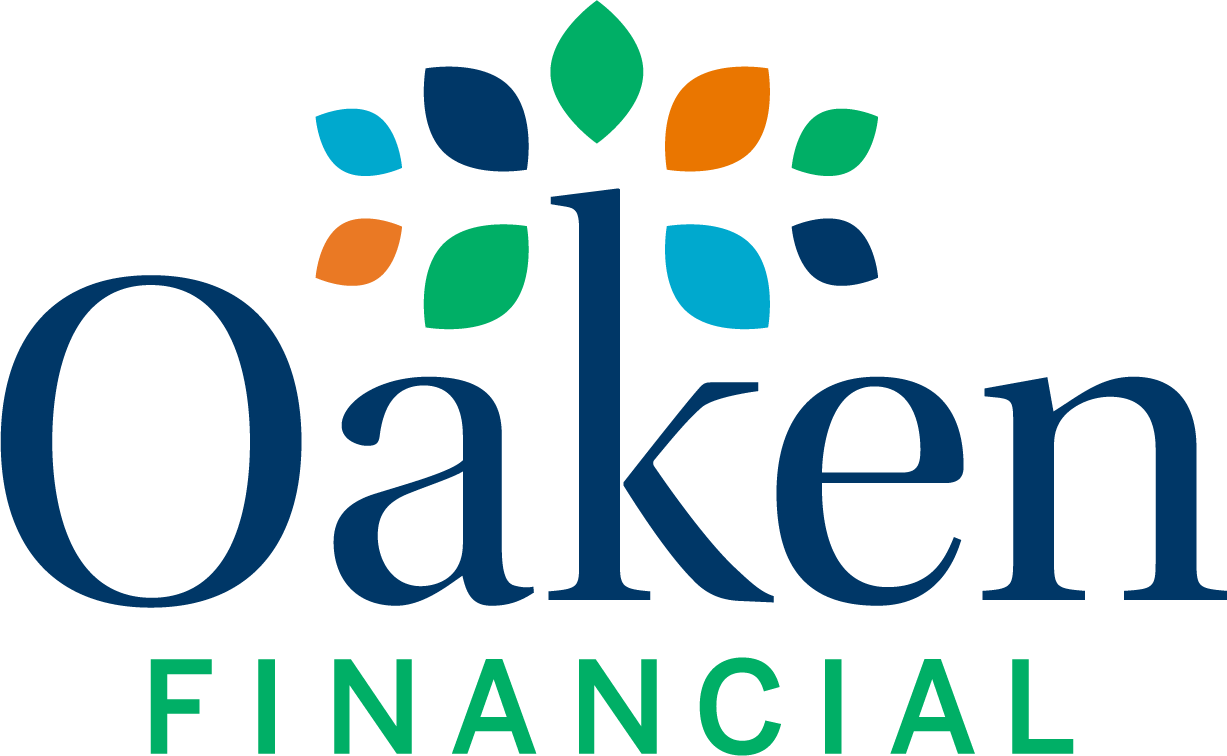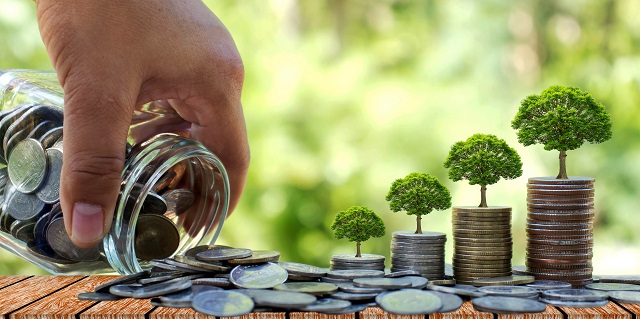As a self-employed individual, I’m very aware that my income can fluctuate quite a bit. There has been more than one incident where I’ve made record income one month which was then followed by a significant drop the next month. For some people, this rapid change of income can lead to sleepless nights, but I’ve prepared myself as best I can. Well, at least I thought I did.
I’ll admit that when I go through a period of low income, things can look bleak. Even though I know things will pick back up, I can’t help but wonder if things will get worse? It’s a normal human reaction, but I’ve learned a few things to help me through these tough times.
Emergency funds are really important
One of the most basic personal finance rules is to have an emergency fund that will last you three to six months. When I had a consistent income, I was able to save three months of income, but then I stopped. It’s not like I was spending all my money after that, but I figured three months was enough so I invested the rest.
Some people prefer to invest their emergency fund since interest rates are low, but I wanted to ensure that my money was safe so I parked it in a high interest savings account. I don’t like taking any risk with my emergency money, so I keep it out of the markets.
Your risk tolerance matters
For a while, I invested any extra funds I had in a pretty aggressive portfolio. Since I was young, I was comfortable with my setup. However, one time when the markets dropped 10%, I definitely started to worry. Fortunately, I didn’t need any of that money so there was no need for me to sell.
But what if I didn’t have that emergency fund set up and I needed to sell some of my investments? I would have taken a loss which would have helped me through hard times, but it would hurt me in the long run.
I always felt I had an appetite for risk, but after seeing a bear market for the first time, I had to rethink my strategy. Once things recovered, I rebalanced my portfolio to ensure that it was in line with my goals and risk tolerance so I knew there wouldn’t be any panic later.
No job is safe
I’ve had some great clients over the years and some of them told me there will always be work available, but that’s rarely true. It’s not like they were telling me lies, but things can happen at any time and sometimes companies need to cut costs. Since I often serve as a contractor, I’ve prepared myself for the realities of short-term work.
I have no control over this whatsoever, so I consistently invest in myself. I know, it sounds cliché to talk about upgrading your skills, but it works. As I’ve picked up more skills, I’ve been able to market myself better. Even a small thing such as keeping my LinkedIn profile has helped me as people can see what I’m all about even if we’ve never met.
Material things don’t matter
When I first started freelancing, I found that I would spend more as I made more. Call it lifestyle creep, but I was spending more because I had to go out and meet more clients or I needed to advertise to find new business. When I experienced a reduction in income, I scaled back on my expenses just so I could keep more cash on hand. This is an obvious thing to do and most people ramp up their spending when things pick back up, but I decided not to.
I quickly realized that I didn’t need new clothes or a haircut every two weeks. By not spending this money, I was able to build my emergency fund and pay down debt. I don’t miss anything that I’ve given up and I’m actually happier with less.



 Saving strategies
Saving strategies